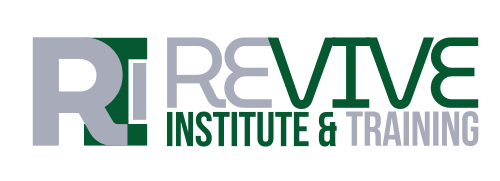Systematic Review and Meta-Analysis of 16 Randomized Controlled Trials of Clinical Outcomes of Low-Intensity Extracorporeal Shock Wave Therapy in Treating Erectile Dysfunction
Abstract
We conducted a meta-analysis to evaluate the efficacy of low-intensity extracorporeal shock wave therapy (LI-ESWT) in the treatment of erectile dysfunction (ED). From July 2011 to June 2021, we selected 16 randomized controlled trials (RCTs) including 1,064 participants to evaluate the efficacy of LI-ESWT in the treatment of ED from PubMed, EMBASE, and Cochrane databases. The data were analyzed using Review Manager Version 5.4.
Fifteen articles mentioned the International Index of Erectile Function (IIEF). In the follow-up at 1 month (mean difference [MD] = 3.18, 95% confidence interval [CI] = [1.38, 4.98], p = .0005), 3 months (MD = 3.01, 95% CI = [2.04, 3.98], p < .00001), and 6 months (MD = 3.20, 95% CI = [2.49, 3.92], p < .00001), the improvement of IIEF in the LI-ESWT group was better than in the control group. Additionally, eight of the 16 trials provided data on the proportion of patients with a baseline Erectile Hardness Score (EHS) ≤ 2 improving to EHS ≥ 3. The LI-ESWT group was also significantly better than the placebo group (odds ratio [OR] = 5.07, 95% CI = [1.78, 14.44], p = .002).
The positive response rate of Questions 2 and 3 of the Sexual Encounter Profile (SEP) was not statistically significant (SEP2: OR = 1.27, 95% CI = [0.70, 2.30], p = .43; SEP3: OR = 4.24, 95% CI = [0.67, 26.83], p = .13).
The results of this meta-analysis suggest that treatment plans with an energy density of 0.09 mJ/mm² and a pulse number of 1,500 to 2,000 are more beneficial to IIEF in ED patients. In addition, IIEF improvement was more pronounced in patients with moderate ED after extracorporeal shockwave therapy.
Read the full article: https://revivetrainings.com/wp-content/uploads/2024/09/yao-et-al-2022-systematic-review-and-meta-analysis-of-16-randomized-controlled-trials-of-clinical-outcomes-of-low.pdf
